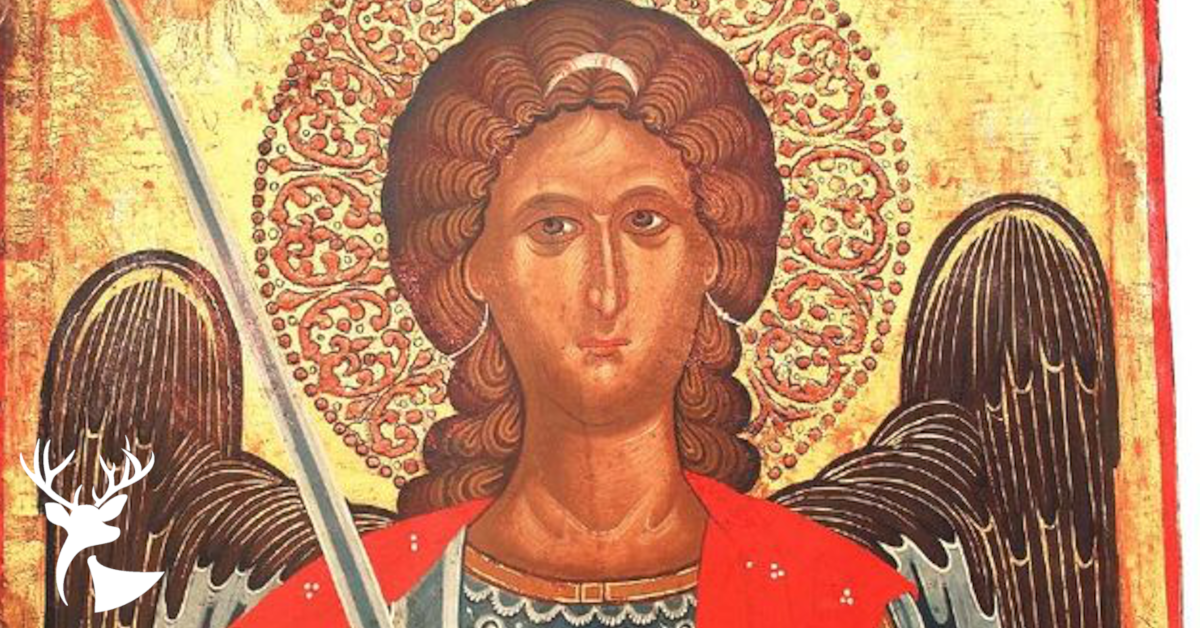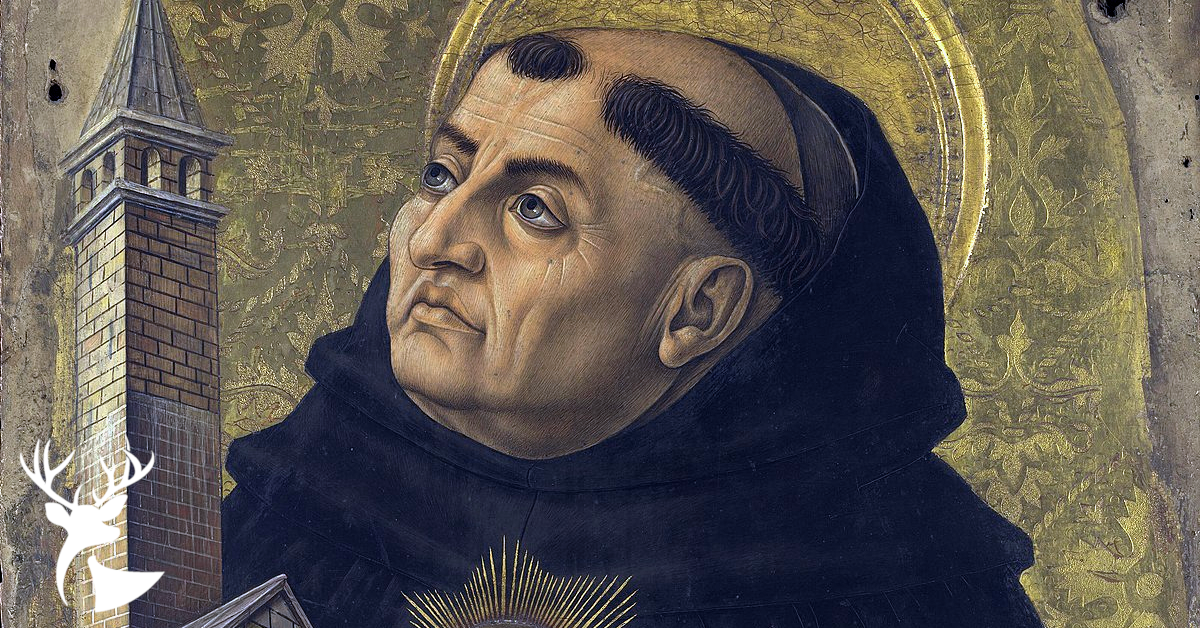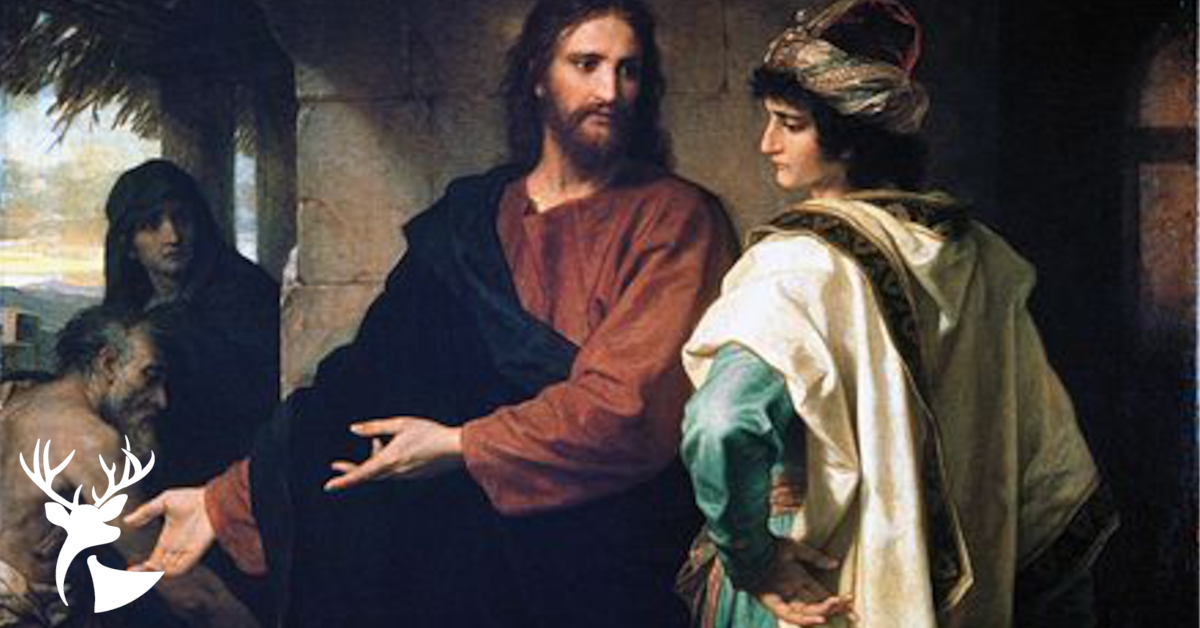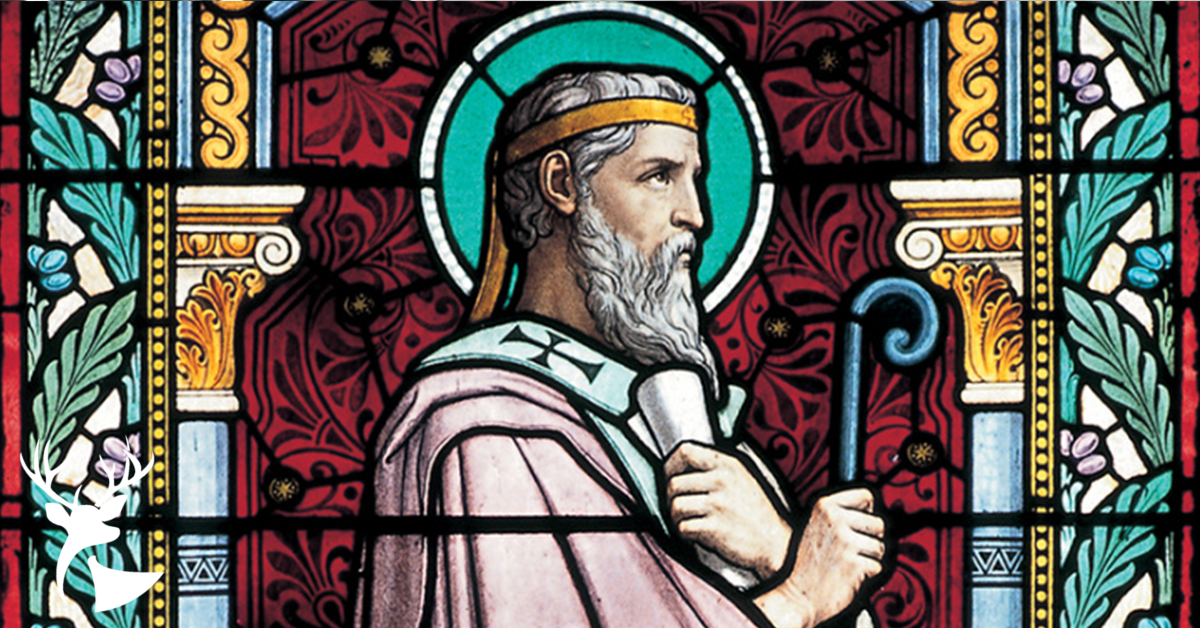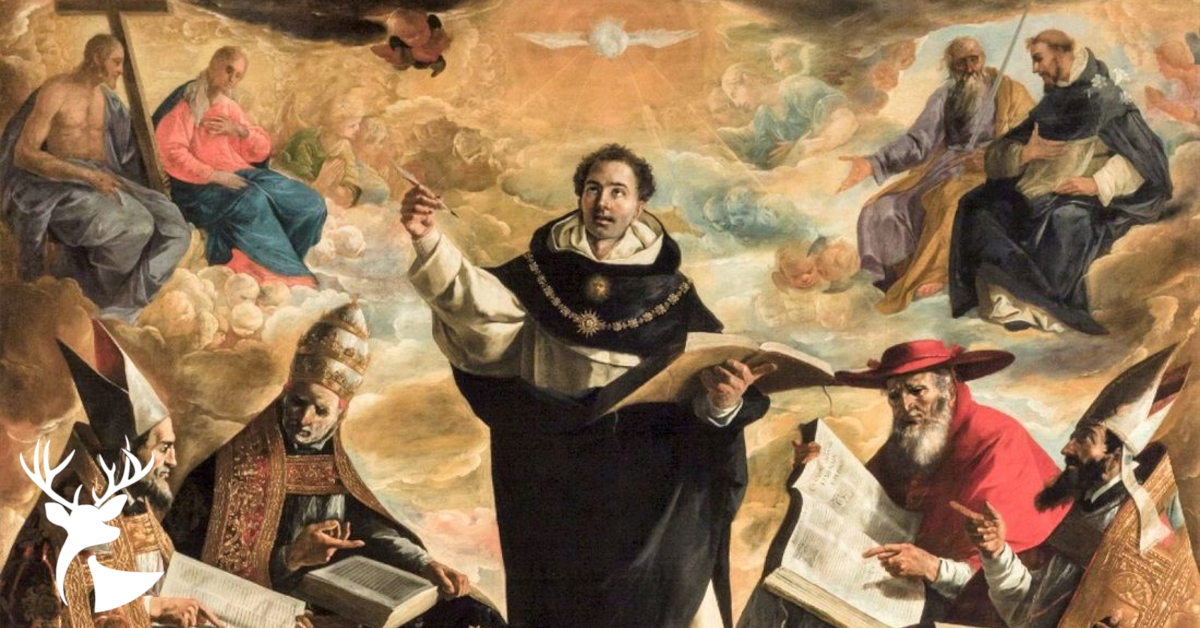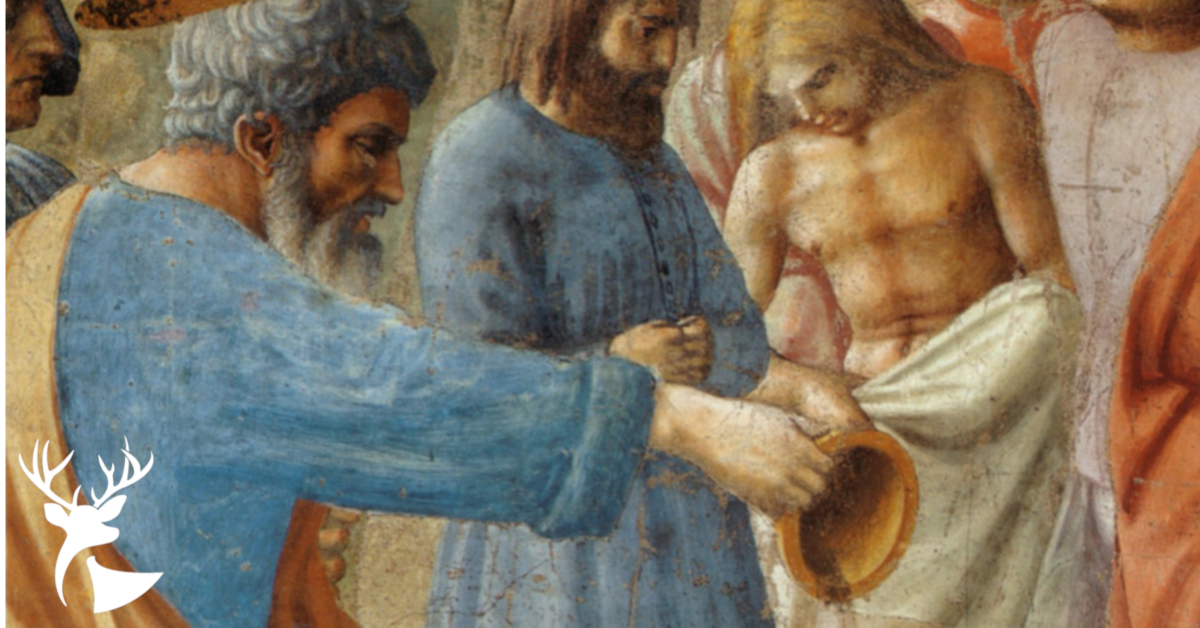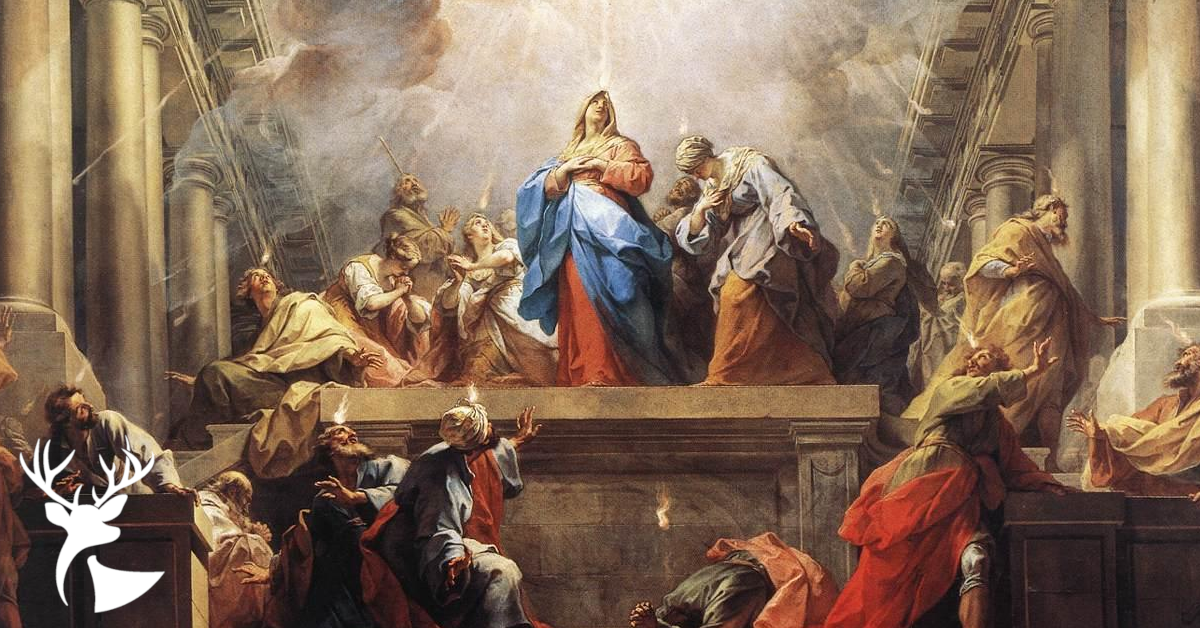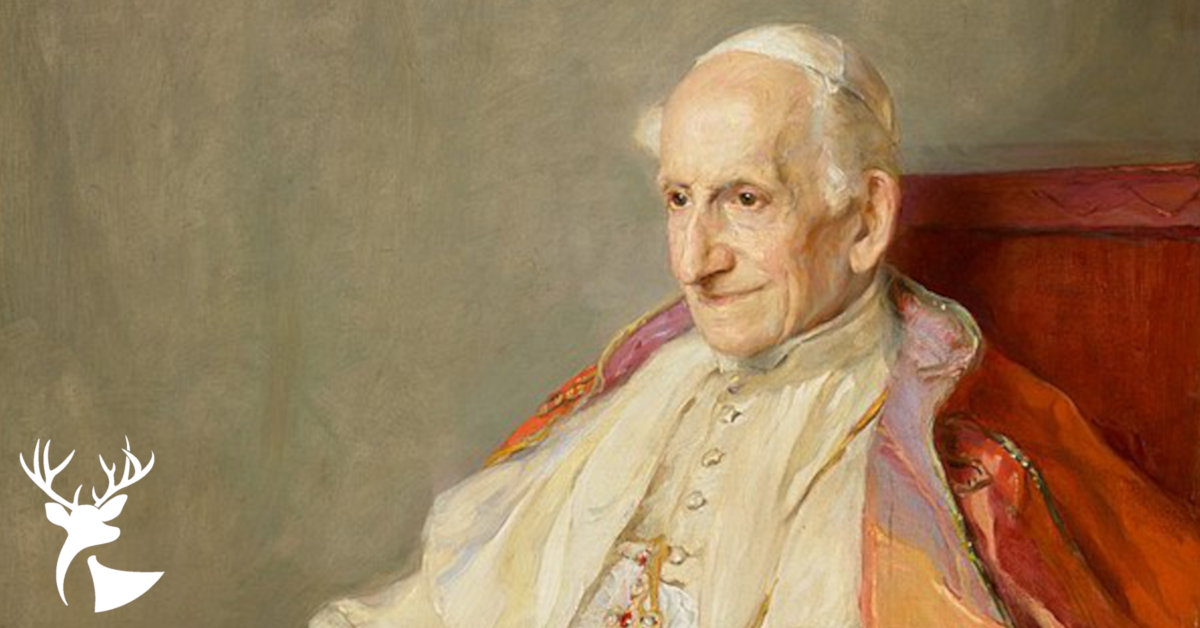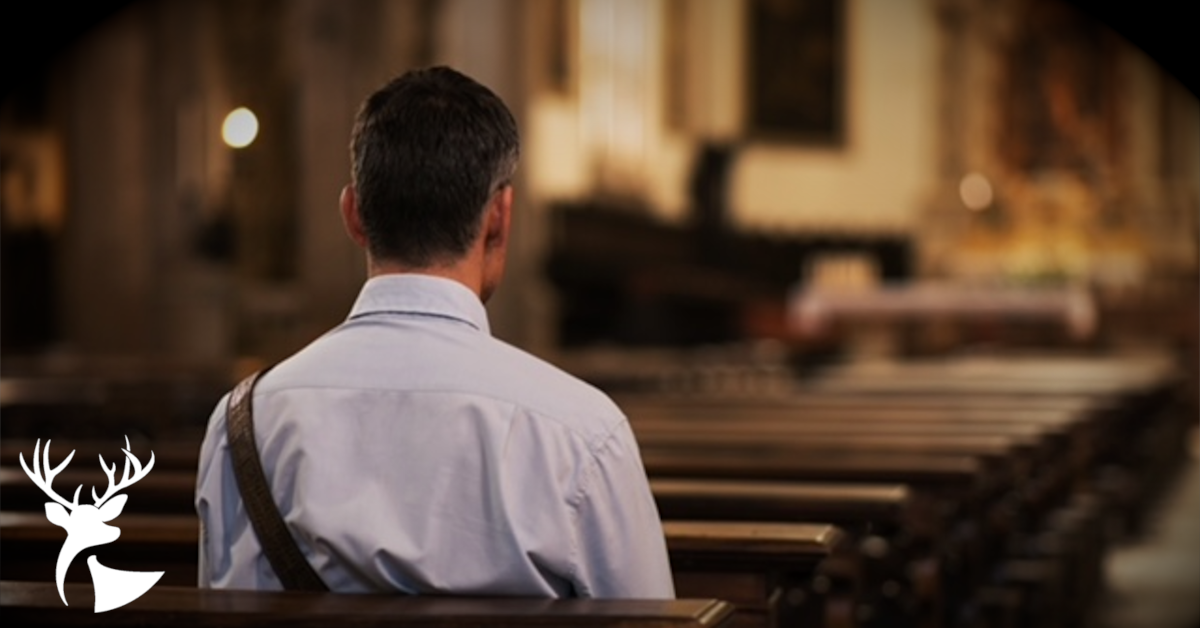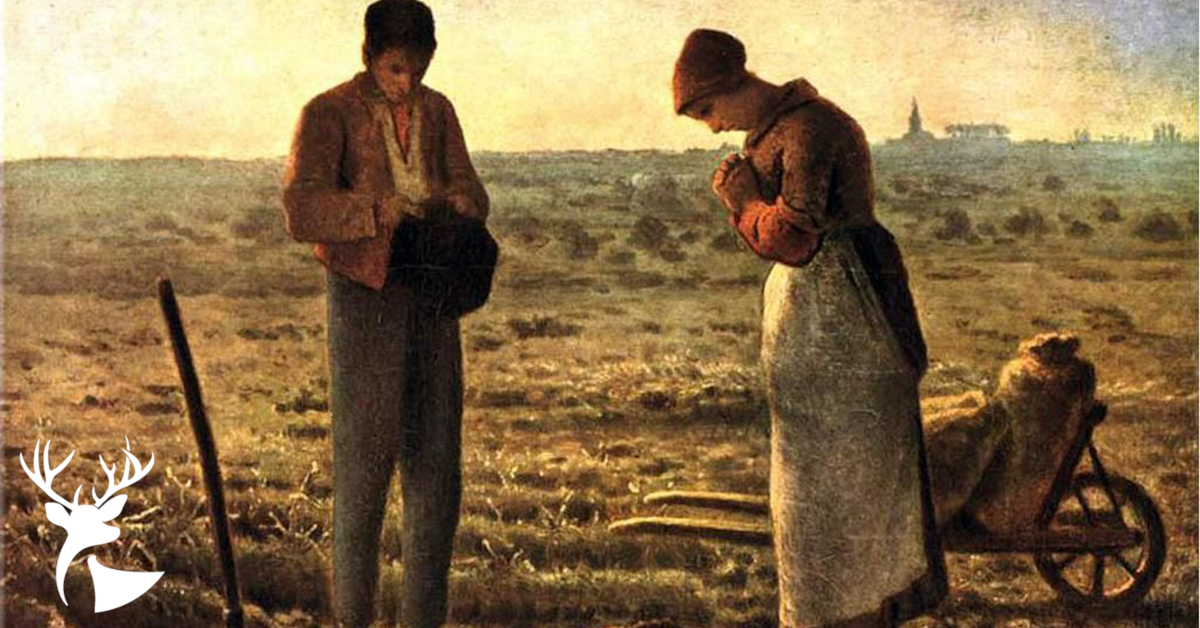
The Ordered Cosmos
By Aaron Henderson | September 23, 2022
“For everything there is a season, and a time for every matter under heaven. ”
—Ecclesiastes 3:1 (RSV-CE)
← Return to Musings
The Ordered Cosmos
By Aaron Henderson | September 23, 2022
“For everything there is a season, and a time for every matter under heaven. ”
—Ecclesiastes 3:1 (RSV-CE)
Humans are peculiar creatures, and deep down we all know this to be so. We are bound by time but tend in a certain manner toward eternity; we are bodily and yet possess an immaterial or spiritual principle; we are formed from the dust of the earth but are nevertheless made to the image of God. Sub-human animals do not attend to the time of day, nor do they, except by a kind of ineluctable inclination or instinct, concern themselves with seasons. At the other end of the hierarchy, angels are not worried about corruption or dissolution; they need not devote time to study or the arduous cultivation of virtue.
Ecclesiastes 3:1-11, the Old Testament reading for today’s Holy Mass, reflects on the rhythm of God’s material creation. There is a time and place for all things, seasons of birth and growth and maturity and decay. But for the human person in a special way there are times to be at work and at leisure, to fast and to feast, to speak and to keep silent, to weep and to laugh, and all the rest. That human life ebbs and flows is inevitable, for we are, again, beings bound by time and space. And this is precisely as God wills it to be, even if we are meant ultimately (without ceasing to be creatures) to be caught up into His own eternity and immutable perfection.
What does Ecclesiastes have to teach us? After all, we all know existence to be constituted by moments both good and bad, lovely and tragic, life-giving and death-dealing. The sacred author wants us to see that all things are ordered by God’s wisdom. The rest of creation participates in its own manner in God’s ordering wisdom, but human beings in a far higher and more perfect way. We can, in short, because we are intellectual creatures, order as God orders and guide as God guides. We can perceive the ordered pattern of creation and act in accord with it. This is nothing trivial or unremarkable, but rather something wonderful for which to thank God.
The Church’s liturgical calendar provides a much-needed structure to the Christian life. The Church is a good Mother, and just as our parents teach us how to live and act in the world in an ordered way, in accord with the times and seasons, so too does the Church. In her case, though, she is using the times and seasons, sanctified by her divine Spouse and Head, to lead us to eternal life.
As we focus this year on the sacraments, the highest expressions of the Church’s liturgical life, let us see them as wise and good gifts of God, remedies for sin appropriate for the peculiar creatures we are. As the sacred author of Ecclesiastes knew so profoundly, the God who transcends every imperfection and change orders all things well, whether in nature or in grace.
More Reading

Dr. Aaron Henderson is a Faculty Tutor for the Alcuin Institute for Catholic Culture.


